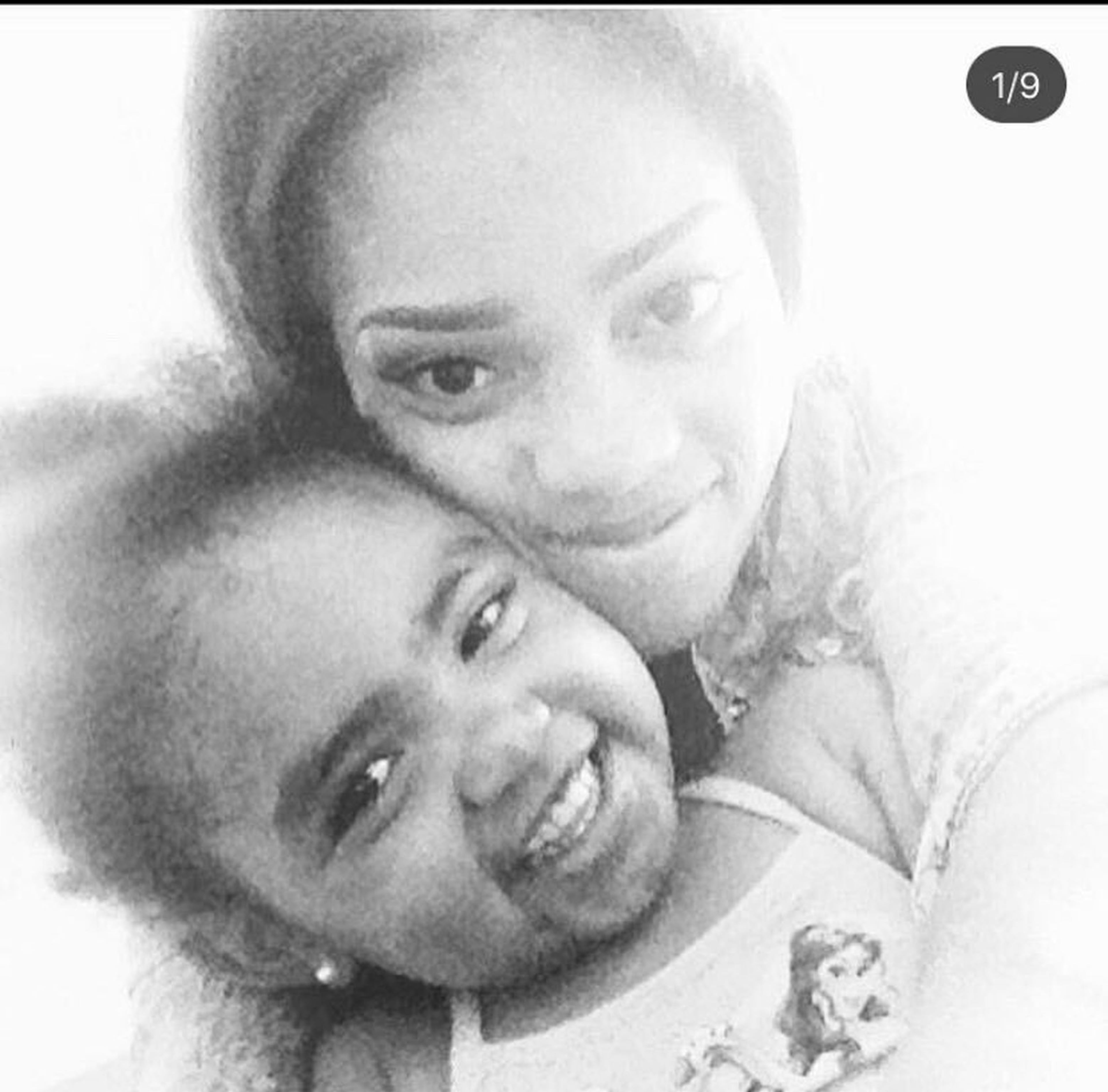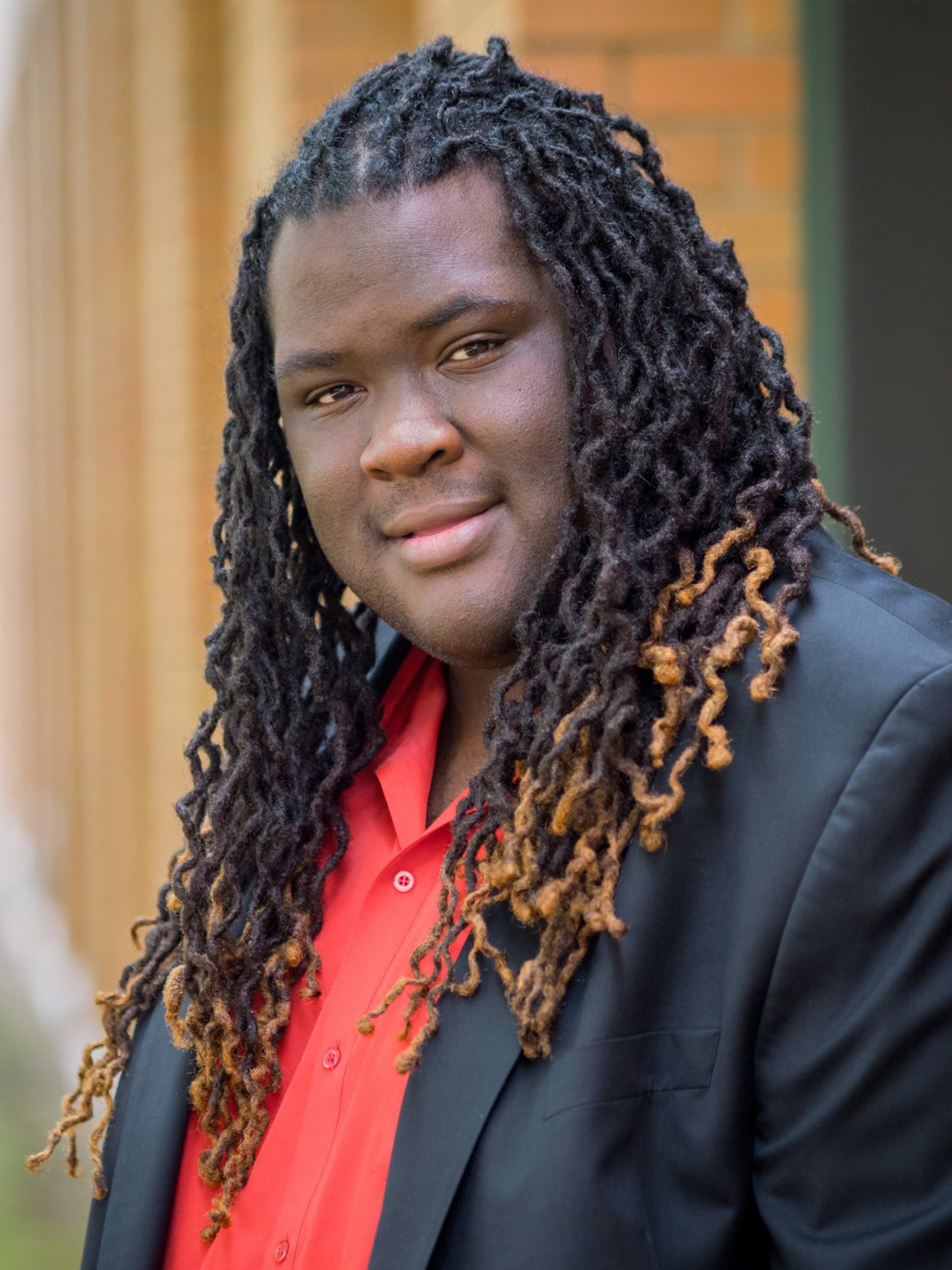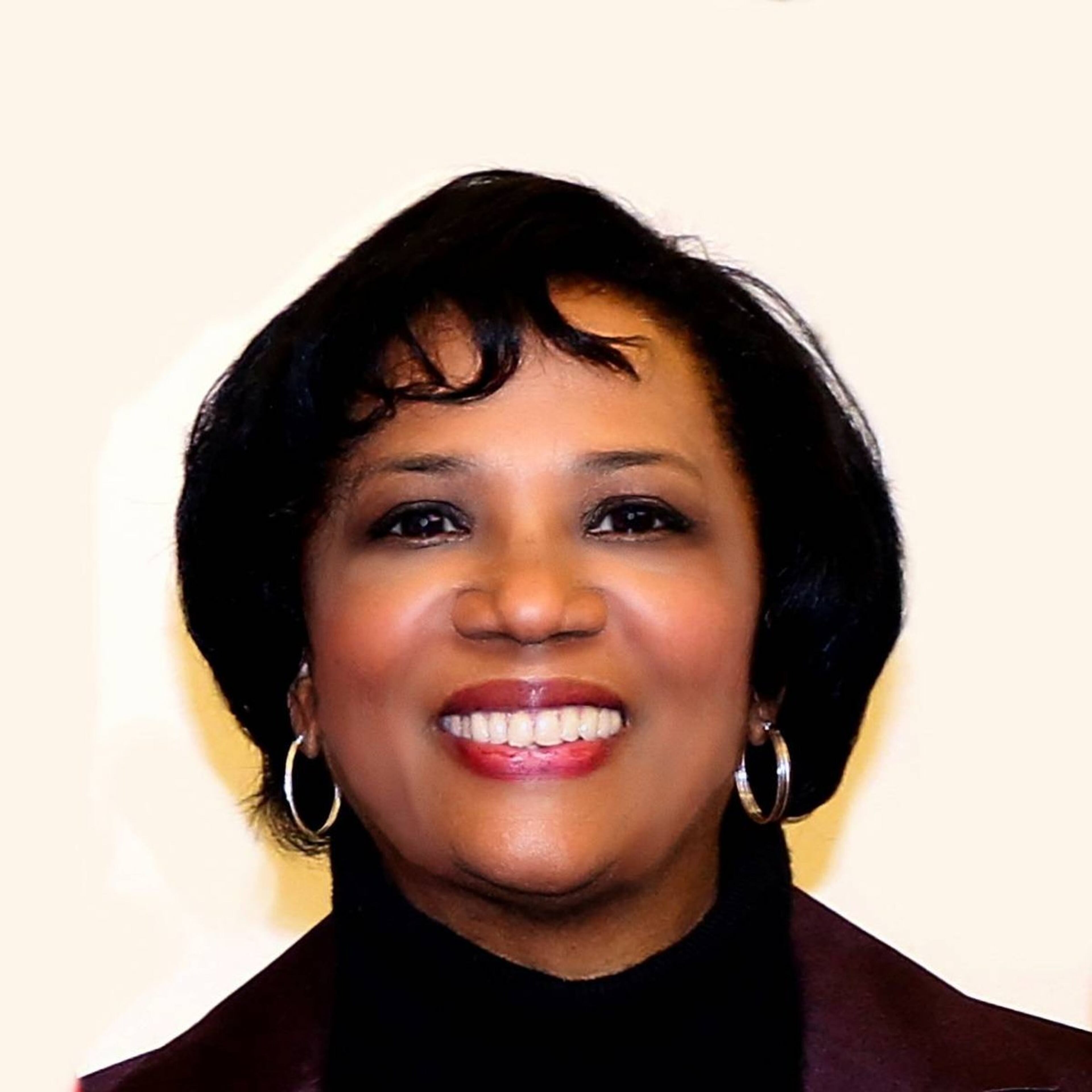OPINION: A weekend when Black lives didn’t seem to matter

What a weekend.
In Chicago, at least 17 people were killed and 63 others were shot and wounded. One of the dead was a 7-year-old girl at a family party and another was a teenage boy.
In Jackson, Mississippi, just 78 miles from where I spent the July Fourth weekend with family, a man was fatally shot and three others were wounded at a nightclub early last Saturday.
In south Baltimore that same morning, a woman was killed and a man was injured in a double shooting.
In a Greenville, South Carolina, nightclub the next day, two people were killed and eight others were wounded.
At a shopping mall in Hoover, Alabama, an 8-year-old boy was killed and three others were injured during a July 3 shooting.
And we all know what happened here in the city too busy to hate. Eight-year-old Secoriea Turner was fatally shot near a Wendy’s restaurant where Rayshard Brooks was killed last month by police.
RELATED | Atlanta shooting victim Secoriea Turner was full of joy, feisty spirit
Her death capped a July Fourth weekend in which 28 people were shot in a 48-hour period, according to news reports. Twenty-eight. Four others were killed.
What a crying shame.

Just when the Black Lives Matter movement seemed finally to be getting the widespread support it deserves, when America seemed ready finally to confront its legacy of racism, we find ourselves in the midst of two fights.
One against police brutality and one against each other.
RELATED | Time to consider if black lives matter to black folk
And so it’s not surprising people insist those of us who support Black Lives Matter don’t value all lives, that we insist on overlooking Black-on-Black homicides.
I will go to my grave insisting that one has nothing to do with the other.
As Jason Williams, a professor at Montclair State University, put it, “The two are being misconstrued and Black-on-Black violence has nothing to do with state-sponsored violence against Black bodies.”

While most Blacks who kill other Blacks will likely face charges and court proceedings, Williams said the same cannot be said of police officers who do the same to a Black person.
“In contrast, when a Minneapolis Black police officer, Mohamed Noor, killed a white woman victim, Justine Damon, he was expeditiously indicted, trialed, and sent to lockup,” Williams said.
What’s more, white victims are likely to have their cases fully investigated and prosecuted (whether they’re victims of state or civilian violence), but this is not the same for Blacks, Williams said. Yet when places like Chicago are reported in the news, rarely do we hear about the backlog of investigations and the extent to which Black communities are underpoliced just as much as they’re overpoliced.
“Focusing on Black-on-Black violence is part and parcel of a racist trope that has long allowed white supremacy to relinquish itself from being held responsible for the conditions under which a great percentage of that crime takes place,” Williams said. “It should be noted, however, that most crime is intra-racial, so most whites will harm other whites, Latinxs will harm other Latinxs, etc., and this is largely due in part to the fact that the U.S. is still a racially segregated nation.”
RELATED | Why it's time to put 'we' ahead of 'me' more often
That doesn’t mean Black-on-Black violence isn’t a problem that needs serious attention. It absolutely is and does. Black-on-Black homicides remain the leading cause of death for Black males between the ages of 15 and 34.
The violence and destruction that have followed Black Lives Matter protests against police brutality in Black neighborhoods are extremely disheartening. It’s disheartening to me. It’s disheartening to Black leaders everywhere.

Unmitigated and unwarranted violence by anyone is wrong. Secoriea Turner and the five other little ones killed this past weekend should be alive today, watching cartoons, worrying about what games they will play outside today.
But we must not get this twisted.
“The sloppy connection between random killings and concerted resistance to institutional and systemic oppression is not helpful,” said Frederick W. Gooding, associate professor of African-American Studies at Texas Christian University. “If anything, making such connections robs the larger movement of its dignity. Black people did not invent violence, and we must be careful not to create monolithic analytical constructs suggesting so.”
When Stephen Paddock shot and killed 58 people and injured hundreds more when he opened fire on concertgoers at a country music festival in Las Vegas in October 2017, for instance, no one cited it as an example of “white violence,” Gooding said.
“These questions appear ludicrous as Paddock is seen largely within the mainstream as an isolated anomaly and does not necessarily evidence a larger trend,” he said. “Yet, mainstream media is quick to deny the whole of Black America its individuality and complexity.”
Gooding said the BLM movement should be appreciated for its arousal of general American awareness of systemic racism, and violence by Black individuals must be understood as part of a larger continuing commentary of American violence within a society that glamorizes gun culture in video games, mainstream movies, and television shows, but then frowns when individuals blur the lines between fantasy onscreen and reality.
RELATED | Red states, Black Lives Matter
Stephanie Myers, the national co-chair of Black Women for Positive Change, has been working to inspire communities and families to actively change the culture of violence by teaching people how to resolve conflicts, manage anger and control racism without physical force and by helping youths to pursue opportunities as alternatives to violence.

The violence against children hit her especially hard.
“It’s bad enough when adults commit violence against each other, but to commit violence against children is totally unacceptable,” she said. “There is a lot of anger all over the country in wake of police killing George Floyd, Breonna Taylor, Rayshard Brooks and many more; however, sadly many of the July Fourth killings were in our community and did not involve law enforcement violence. It was us killing us.”
Black Women for Positive Change, a national multicultural intergenerational network of women and “good brothers,” believes a federal program dedicated to de-escalation training could help. They and their supporters, including the National Black Nurses Association, 100 Fathers Inc., and Everytown for Gun Safety, have been working with Congresswoman Gwen Moore of Wisconsin on a bill (HR 2457) that would provide funding for de-escalation training across the country.
“We need the Congress, the White House, governors, mayors, faith leaders, educators, and parents to become experts on how to stop violence before it starts,” Myers said.
The bill, known as the National De-Escalation of Violence and Community Safety Training Act of 2019, is locked in committee and hasn’t come up for a vote.
During the week of Oct. 10, the network will also host its ninth annual 2020 Week of Health Empowerment, Non-Violence and Opportunities, when it plans to not only address community violence and lost job opportunities for Black youths and young adults, but also the disproportionate death rates of Black people from COVID-19 and how the community can protect itself.
“We want people at all levels to talk about how to change the culture of violence in America and the world,” she said.
Because it’s easy to get discouraged about the state of America, I hope this gives you hope. I hope the next time you feel angry, you’ll take a deep breath, tap into your humanity, and choose to be the highest version of yourself.
Violence solves nothing and causes a world of pain and suffering.
Find Gracie on Facebook (www.facebook.com/graciestaplesajc/) and Twitter (@GStaples_AJC) or email her at gstaples@ajc.com.
EVENT PREVIEW
2020 Week of Health Empowerment, Non-Violence and Opportunities
Oct. 10-18. Dedicated to all victims of racist violence in America. Sign up at weekofnonviolence.org.


